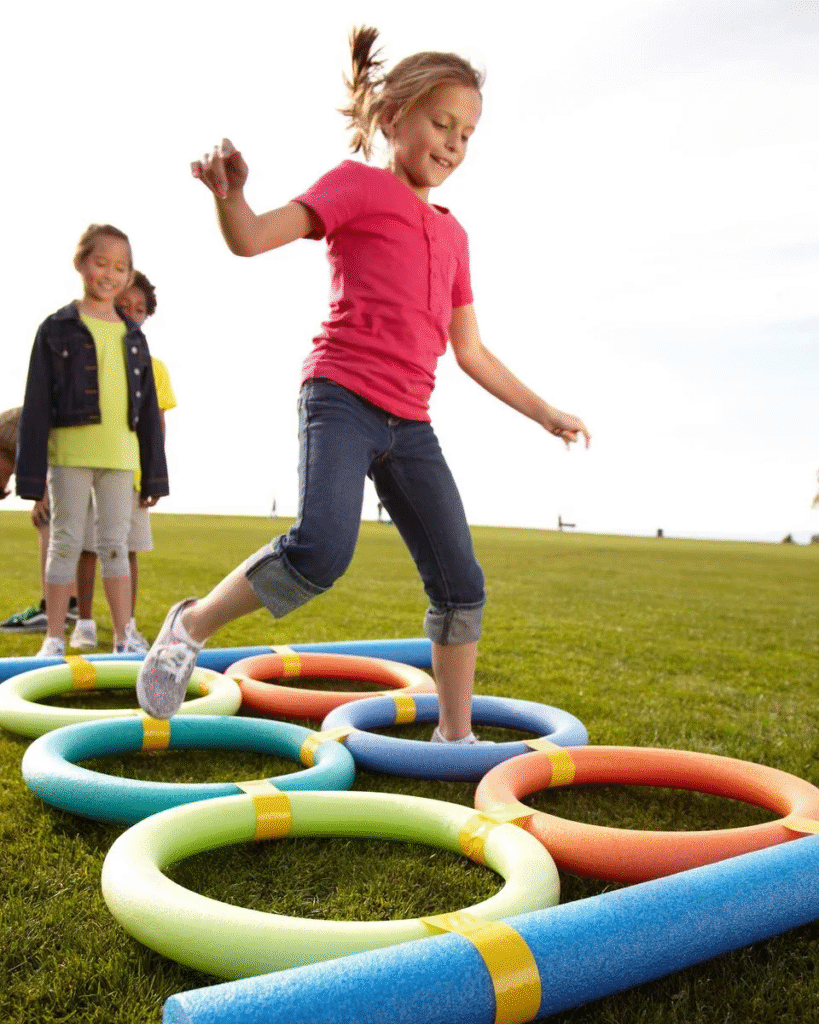In an age dominated by screens and digital distractions, outdoor games serve as a much-needed breath of fresh air for children. Engaging in physical activities under the open sky not only rejuvenates the body but also fosters emotional and social development. From classic games like tag and hide-and-seek to organized sports like football and cricket, outdoor games help children in more ways than one.

One of the primary benefits of outdoor games is physical health. Running, jumping, throwing, and other such activities significantly improve cardiovascular fitness, muscle strength, and bone density. In an era where childhood obesity is becoming increasingly common, outdoor play offers an effective antidote. It ensures that children remain active, burn calories, and develop a habit of fitness early in life.
Beyond physical benefits, outdoor games are instrumental in developing social skills. When kids play together, they learn valuable lessons in teamwork, leadership, and conflict resolution. These skills are vital not just for school but for life. Outdoor games often require children to communicate, strategize, and cooperate, thus preparing them for real-world challenges.
Additionally, playing outside stimulates creativity. Unlike video games that operate within a set of programmed rules, outdoor games often encourage children to invent their own games, build imaginary worlds, and think outside the box. This creative thinking translates well into academic and personal problem-solving abilities.
Emotional well-being is another crucial aspect. Exposure to natural light, fresh air, and the sensory experiences of outdoor environments helps reduce stress and anxiety. Outdoor play has been linked to improved mood, better sleep, and enhanced concentration levels, especially in children who struggle with attention-related issues.
Parents and educators can support outdoor play by providing safe environments, structured opportunities, and encouragement. Schools should incorporate outdoor playtime in their daily schedules, and parents should prioritize time at the park or in the backyard. Involving children in group sports or community games can also offer a sense of belonging and purpose.
In conclusion, outdoor games are not just fun—they are fundamental to a child’s development. They support physical health, enhance emotional well-being, boost social interaction, and encourage creativity. In a world increasingly confined to indoor activities, stepping outside to play is not just a choice—it’s a necessity.